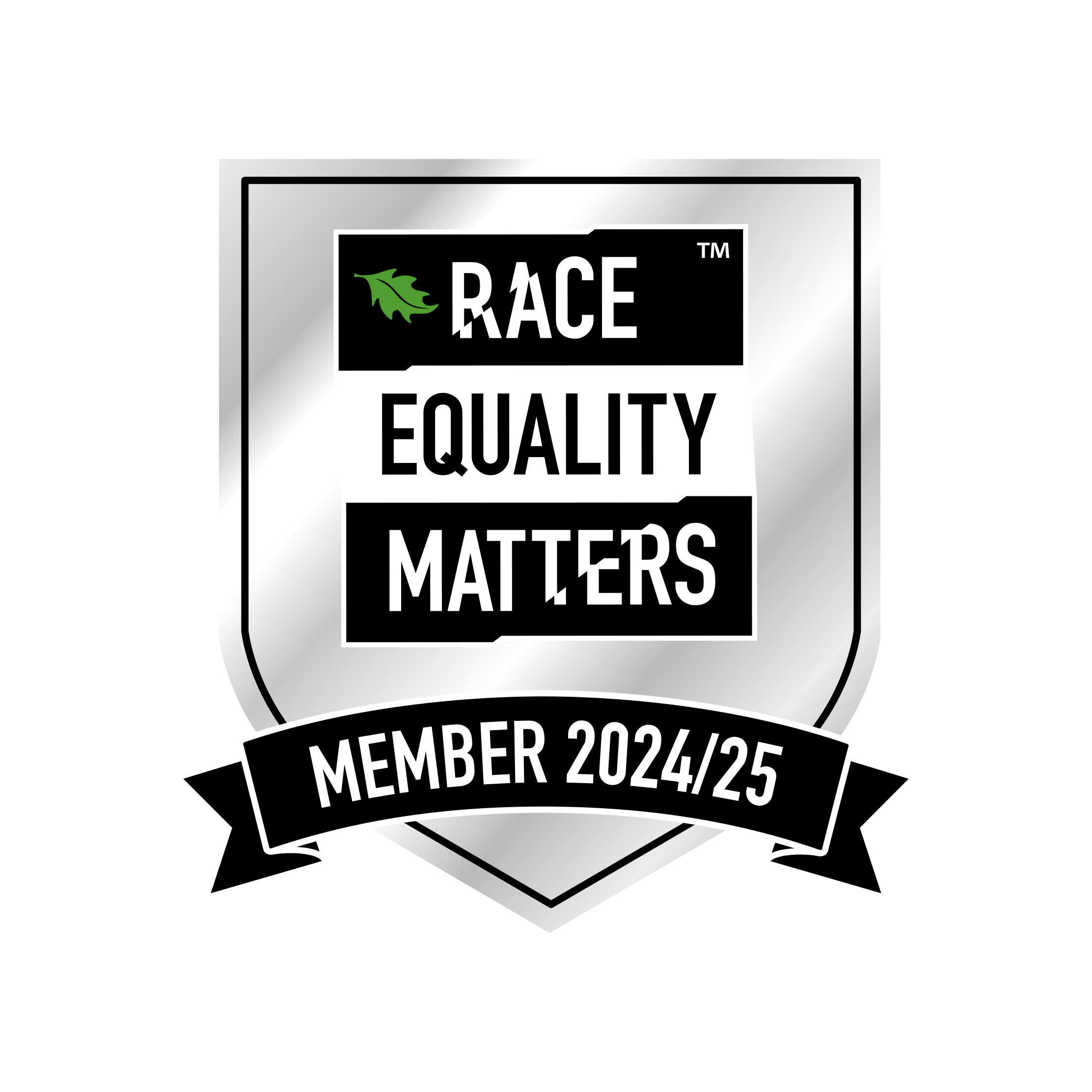Equality and Diversity
On these pages you will find information about Equality and Diversity at the University of Suffolk and how we aim to meet our duties arising from the Equality Act 2010.
At the University of Suffolk, community engagement is about communicating and sharing knowledge, consulting and collaborating with the local community, enriching cultural life and providing a service to our communities. This is integral to our duty to advance equality of opportunity and foster good relations between people. Over 4,000 people are studying at our Ipswich campus. Students are our passion and our business. Their learning and teaching and their experience while studying with us is at the very heart of everything we do. We take great care to ensure our recruitment and selection of students, their admission to the University of Suffolk, their learning, teaching and assessment is fair and free from unlawful discrimination.
The University of Suffolk employs some 600 staff. We have developed a range of employment-related policies and procedures that reflect our commitment to equality and diversity and assist us in achieving and retaining a diverse workforce. We provide training and development for our managers and staff to ensure they understand our commitment to equality and are able to operate our policies and practices confidently and competently.

We are committed to an inclusive approach to the delivery of Higher Education. We are working to ensure the University of Suffolk is open and accessible to all those wishing to participate in and are capable of benefiting from Higher Education.
We value all who studying and work at the University of Suffolk and we are committed to developing policies and processes, teaching and learning to tackle inequality and exclusion.
We collect and monitor data about our staff and students to understand and, if necessary, address the effects of our policies and procedures. We collect student and staff data about all protected characteristics as defined by the Equality Act 2010. We also undertake an Equality Impact Assessment on each of our policies as a way of measuring the potential impact (both positive and negative) that our policies may have on different groups of people.
We publish an Annual Report each year detailing current priorities and progress of objectives. The most recent report can be found below:
Responsibility for Equality and Diversity at the University of Suffolk rests with the Executive Team, led by the Vice-Chancellor. The Equality and Diversity Committee, chaired by the Deputy Vice Chancellor, provides a forum for the engagement of staff and student representatives, together with representatives of our wider university community – including our union colleagues and Network Chairs. The Committee plays a key role in supporting the University of Suffolk in meeting its equality duties and objectives.
The University of Suffolk is a Disability Confident Employer, which means we have taken action to improve how we recruit, retain and develop disabled people. This includes, but is not limited to:
- Offering interviews to disabled applicants who meet the minimum essential criteria for the job
- Proactively offering and making reasonable adjustments at interview and upon staff starting their new role
- We are also offering at least one activity to get the right people for our business:
- Providing paid employment and exploring the offer of work placement opportunities
- Advertising our vacancies through JobCentrePlus
And at least one activity to keep and develop our people:
- Occupational Health service if required
- Guiding staff to information and advice on mental health conditions through our Whole University Health and Wellbeing Toolkit
We are actively working with our Staff Disability Network to further develop and deliver our scheme action plan.
The Athena Swan Charter is a framework which is used across the globe to support and transform gender equality within higher education (HE) and research. Established in 2005 to encourage and recognise commitment to advancing the careers of women in science, technology, engineering, maths and medicine (STEMM) employment, the Charter is now being used across the globe to address gender equality more broadly, and not just barriers to progression that affect women. The University of Suffolk are proud to have achieved a bronze award from the Athena Swan Charter panel.
.jpg)
We also have a number of staff networks which meet bi-monthly to share experiences and help assist the university develop its practice and culture. They work together to promote diversity and inclusion within the University such as hosting menopause cafes, creating information leaflets around sexuality and gender identity, anti-racism seminars and teaching days and advising on campus accessibility.
- LGBTQ+ Network
- Anti-Racism Collective
- Disability Network
- Menopause Network
There is also an informal International Society made up of staff from overseas who arrange a number of events each year to promote the multicultural and multinational profile of our university.